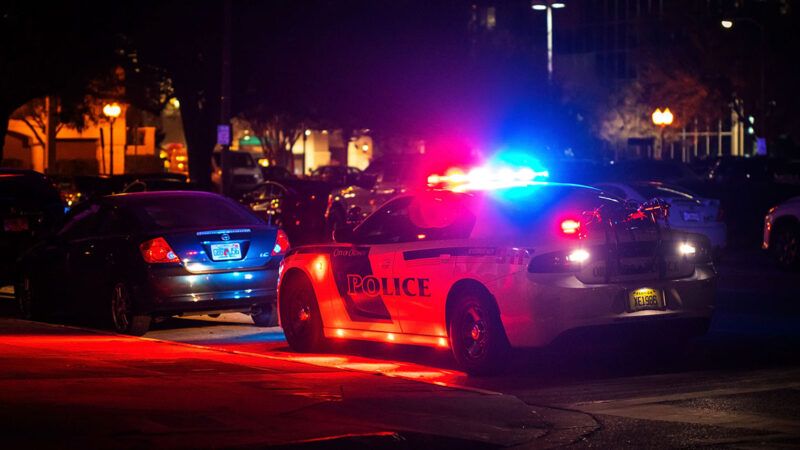Time To Close the Car Snitch Loophole
When you plug your phone into your car to listen to your favorite band or podcast, you give police a way to rummage around in your personal data without a warrant.

When you plug your phone into your car to listen to your favorite band or podcast, you give police a way to rummage around in your personal data without a warrant. That includes not just GPS details but all the other information your phone shares with your car's onboard computer.
The Supreme Court has held that police generally need a search warrant to examine the information on a cellphone, to track a car by attaching a GPS device to it, and to obtain cellphone location data from service providers. But Fourth Amendment jurisprudence has not caught up with rapid advances in car technology, leaving the door open for police to extract data from vehicles without their owners' knowledge.
The Intercept reported in 2021 that U.S. Customs and Border Protection had purchased "vehicle forensics" kits that can retrieve travel data, text messages, and photos from synced devices. This workaround is likely legal, because car computers seem to fall under the "vehicle exception" to the Fourth Amendment's warrant -requirement.
Under that exception, which the Court invented in 1925 to facilitate enforcement of alcohol prohibition, police may search a car without a warrant if they have probable cause to believe they will find contraband or other evidence of illegal activity. A bill with bipartisan support in the House and Senate would prevent police from using that exception to grab information on a car's computer.
The Closing Warrantless Digital Car Search Loophole Act would require a warrant for such a search unless operating the vehicle requires a commercial driver's license. Any vehicle data obtained without a warrant could not be used as a basis for probable cause or as evidence considered by courts, grand juries, or regulatory agencies.
"The idea [that] the government can peruse digital car data without a warrant should sit next to the Geo Metro on the scrap heap of history," said Sen. Ron Wyden (D–Ore.), who introduced the Senate version of the bill along with Sen. Cynthia Lummis (R–Wyo.). The House sponsors are Reps. Peter Meijer (R–Mich.) and Ro Khanna (D–Calif.).
The legislation is supported by several civil liberties groups, including the American Civil Liberties Union and the Electronic Frontier Foundation (EFF). "Modern vehicles can reveal as much about us as our phones—not only where we go, but who we call, and even what we weigh," said EFF Legislative Director Lee Tien. "Yet the federal government has argued it can access this sensitive driver and passenger information freely, without a warrant."
Congress should close this loophole and bring the Constitution's protection against warrantless searches into the 21st century.


Show Comments (39)